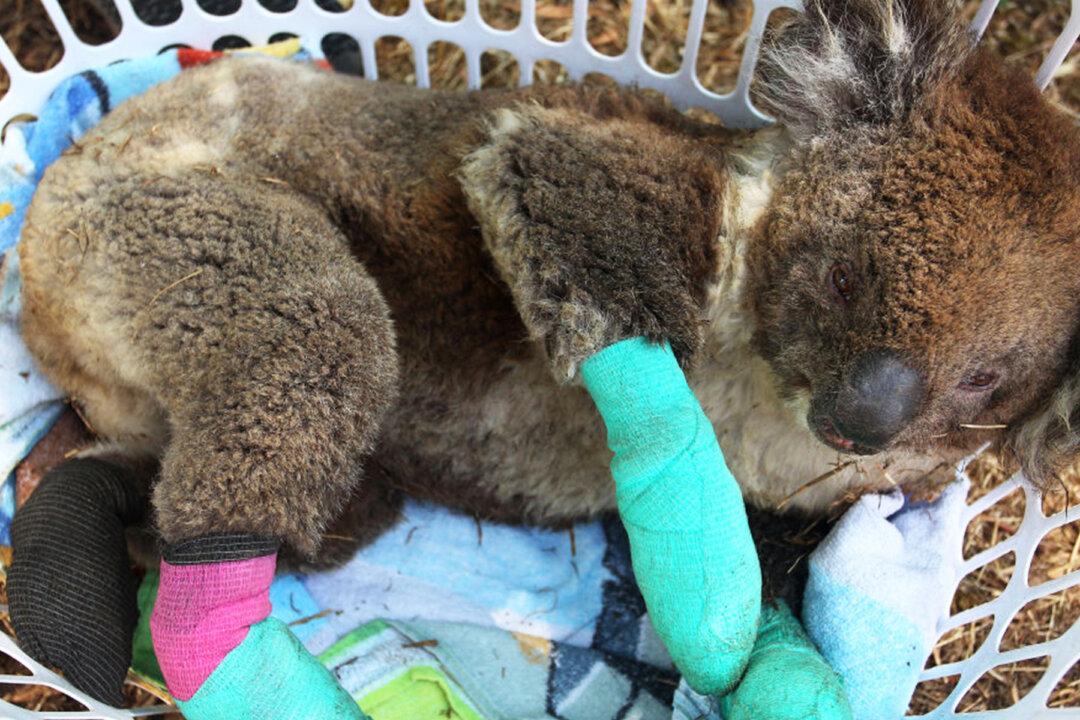Robert Irwin, the late “Crocodile Hunter” Steve Irwin’s teenage son, discussed the devastating fate of koalas amid the Australian bushfire crisis alongside his mother in a television interview, and emotions ran high.
Speaking to Sunrise alongside conservationist and Australia Zoo figurehead Terri Irwin, Robert, 16, fought back tears and quietly deferred to his mother when asked by news anchors about the future of Australia’s koala population.




